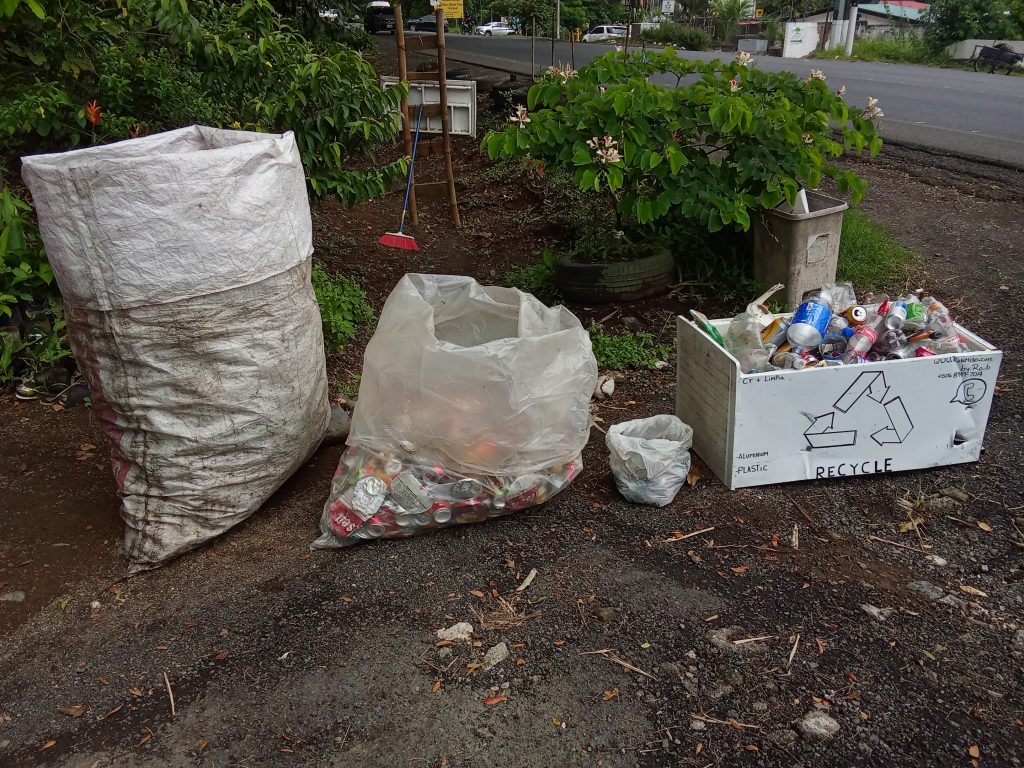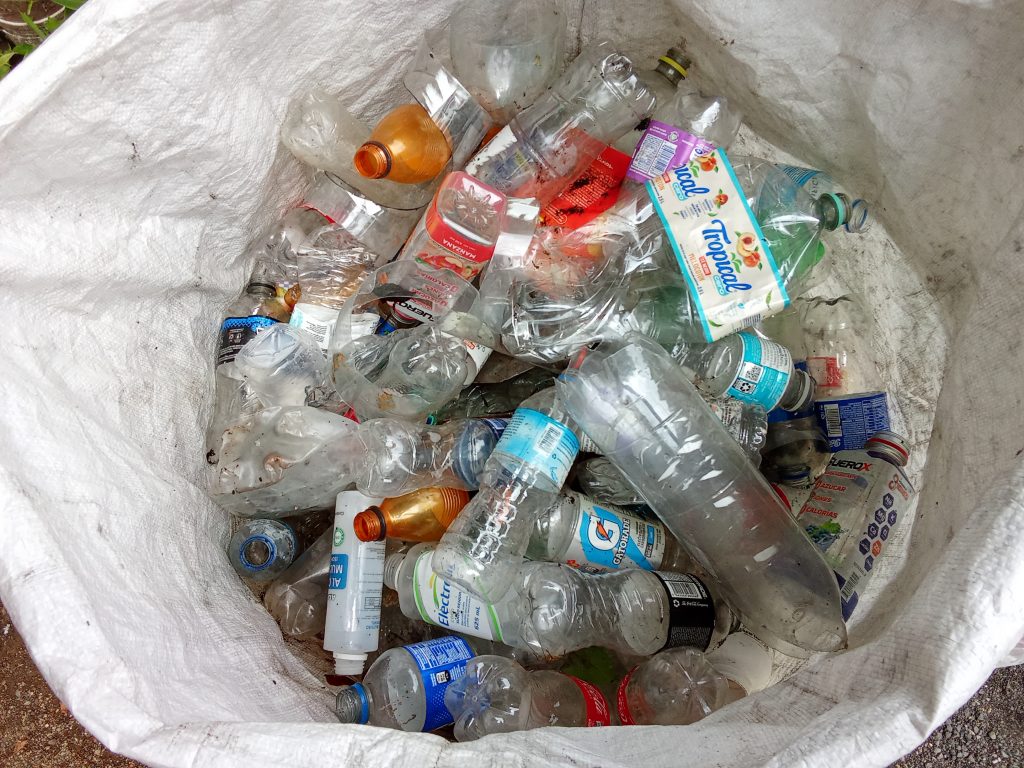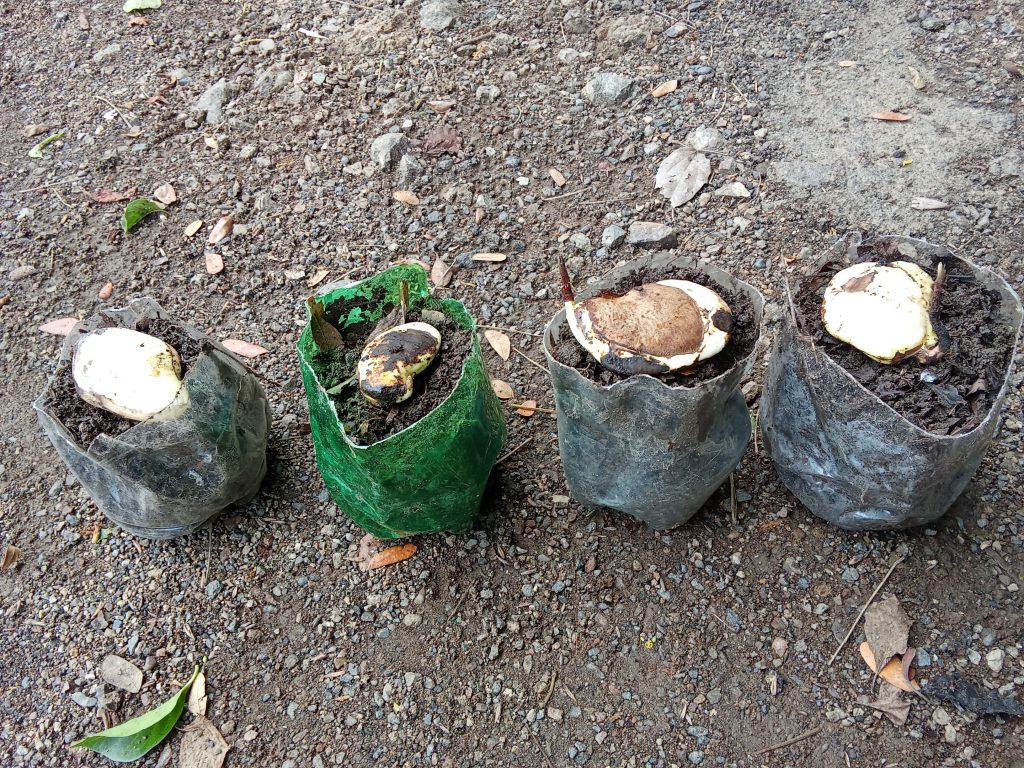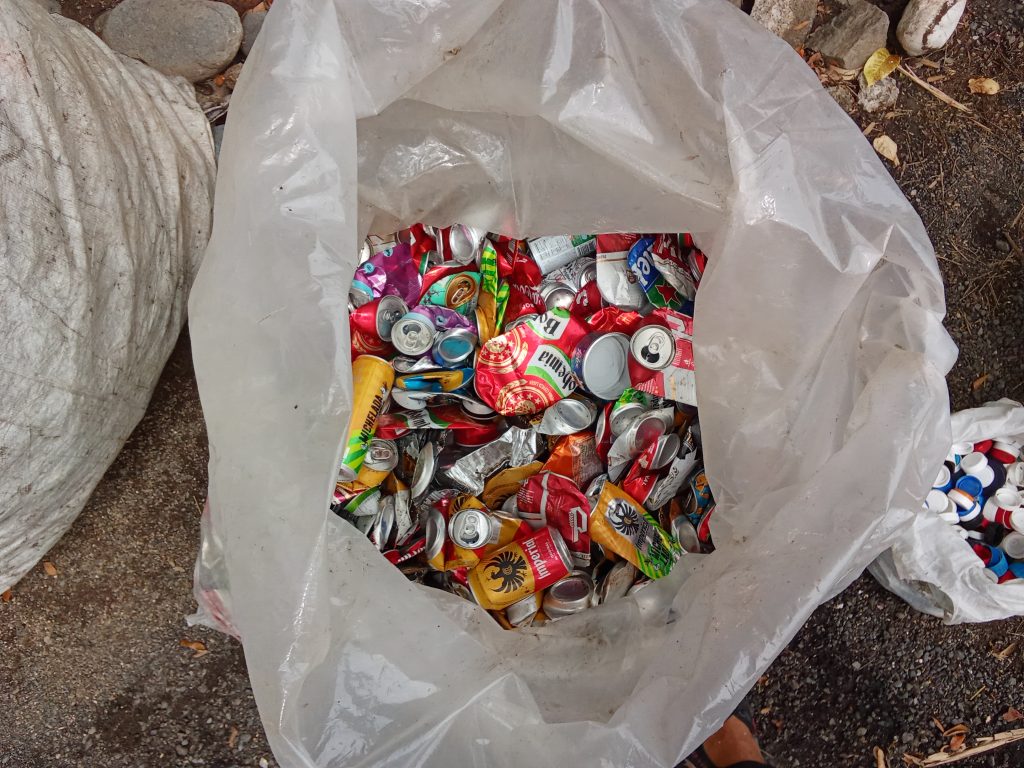Have you ever wondered how much waste a person produces on a daily basis? In developed countries, the average amount of waste that one person produces is approximately 1.11 kg per day. Waste processing is one of the most important challenges facing our societies today.

Recycle

The big question is are we prepared to process our waste? Where does our garbage go? How is the garbage processed in the garbage dumps? Well one thing is very true, and that is that every day the world population grows and so does the waste or residues in the big citys. Non-renewable resources such water and air( The ozone shield) are harmed every day by the pollution of our large citys. We have not become aware of the irreparable damage we are causing to our environment due to our life style and bad agricultural practices with pesticides and chemicals that affect not only wildlife but the life of us humans ourselves. Every time we use these chemicals to counteract weeds or for our crops, the water that falls from the rain carries all these chemicals to the watercourses of our watersheds, which affects the fauna of all the aquatic species that live in these ecosystems.

Another major activity that has a serious impact on our ecosystems is indiscriminate logging. If every person would take into consideration the serious ecological impact we are causing on a daily basis, it would be easier to counteract this damage. Most of the time it is our own ignorance that leads us to make mistakes that we will not be able to repair in the future. What can we do to repair this damage? Well the first step to repair the damage that our ecosystems have suffered for decades would be to educate and inform the population of methods of processing our waste, create green areas in our homes, urban planning and development with incorporation of green places in urban areas and make the cities more eco-friendly and trying to create balance between citys and nature.
Another alternative would be the creation of community gardens where people who do not have access to a garden in their homes have the opportunity to have public gardens where they can harvest food and have green areas in the cities.This would be another great alternative to counteract the great damage that we are facing due to urban development, especially in underdeveloped countries in Latin America where we have many spaces but few ideas.
Another great alternative to these irreparable damages that we are causing to our ecosystems due to the development and creation of big cities is to take into consideration a proper way to handle our waste and take advantage of it. The creation of recycling plants is very important in the development of cities since one of the most important things in recycling is the sorting of garbage and taking the garbage to a place where the recycling chain is completed.

The collection of the garbage is the first step, the sorting of the garbage is the second step and then the recycling process where the materials are reused for the creation of new products. Another alternative to recycling is to reuse, to find another use for the waste that we think may have another function, this is another alternative to recycling.A very effective example of recycling is the use of plastic for biodiesel. Countries like Japan, with a level of development where recycling is a very important function in the cities, offer to underdeveloped countries in Latin America projects for the processing of plastic for the creation of biodiesel. This is a clear example of how we can put into practice recycling habits and take advantage of our waste. Well these are some alternatives that we can implement both in our homes and in the development of cities, public spaces and processing of our waste to have a greener and eco-friendly vission And make our future a little brighter.
Leave a Reply